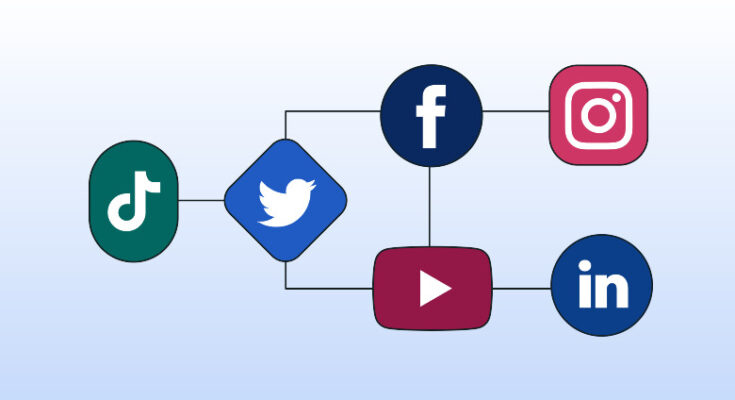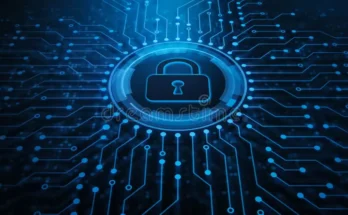The free flow of information on the internet and social media can have large contributions to open debate and an exchange of ideas, two crucial tenants of democracy. There are other ways social media in the use of politics can have an effect on democracy such as election influence and privacy concerns with data.

American social media platforms can affect the political systems of different states in varying ways. The effect varies both between and within democratic and authoritarian states and depends mainly on three political actors: domestic opposition, external forces, and the governing regime. Depending on how these three actors use social media, as well as on a state capacity and political regime type, there are four different effects that social media can have: It can have a weakening effect on strong democratic regimes, an intensifying effect on strong authoritarian regimes, a radicalizing effect on weak democratic regimes, and a destabilizing effect on weak authoritarian regimes. There are a number of possible approaches U.S. policymakers can take to decrease the effects of social media platforms and to guarantee citizens the right to freedom of opinion based on reliable, pluralistic, and objectively sourced information.
The Promise of Social Media
Of the seven most popular social media platforms, Facebook owns four: Facebook, Messenger, WhatsApp, and Instagram. Together with YouTube, which is owned by Google, these are the five leading social media platforms not based in China. The most successful social media platform in “grabbing, holding, and processing human attention” is WeChat, a China-based application that “encompasses almost every aspect of human life.” It is a “one-stop-shop” model that led Facebook to try to consolidate its sub-companies (Facebook, Messenger, WhatsApp, and Instagram) into one giant application.

Optimists have seen social media platforms as an expression of the liberalizing ethos of the internet: tools for empowering citizens, enabling economic opportunities, increasing freedom of expression, spreading liberal ideas, and providing an alternative communication platform for dissidents. This positive view was espoused by some of the founders of U.S. social media platforms and can be traced back to John Perry Barlow’s “Declaration of the Independence of Cyberspace,” which was popular at the time when these companies were established in Silicon Valley. Although these corporations started out politically neutral, some have moved in recent years toward publicly challenging governments. For example, Facebook founder Mark Zuckerberg has talked about replacing the “old” social infrastructure of the state, “which opposes the flow of knowledge, trade and immigration,” with a new global community. Zuckerberg also stated: “In many ways, Facebook is more like a government than a traditional company.” Google’s Jared Cohen and Eric Schmidt wrote about the game-changing implications of the internet for politics. They predicted that governments “will be caught off-guard when large numbers of their citizens, armed with virtually nothing but cell phones, take part in mini-rebellions that challenge their authority.”

Social media platforms have the power to strengthen democracies by echoing public opinion. Clay Shirky argues that social media can help to increase freedom and change people’s political views by exposing them to other opinions echoed by friends, family members, and colleagues. At the beginning of the millennium, social media platforms were credited with shifting power from authoritarian regimes to ordinary people seeking freedom and social justice. Peter Singer and Emerson Brooking wrote in 2018 that social media platforms “illuminated the shadowy crimes through which dictators had long clung to power and offered up a powerful new means of grassroots mobilization.” Manuel Castells describes social media as “a mobilizing force” that can “topple an entrenched regime if everybody would come together.” These platforms can compensate for the disadvantages of undisciplined groups by reducing coordination costs while increasing shared awareness. Indeed, social media platforms played a role in the 2009 civil revolt in Moldova, dubbed “the first Facebook revolution”; the 2009 unrest in Iran, called “the first Twitter revolution”; the 2011 Russian “almost-revolution”; and the first wave of Arab social unrest in 2011, when “the Facebook-armed youth of Tunisia and Egypt” demonstrated “the liberating power of social media.” However, according to Singer and Brooking, these internet-enabled democratic movements “represented a high-water mark” that was followed by “a countering wave of authoritarianism using social media itself, woven into a pushback of repression, censorship and even violence.”




